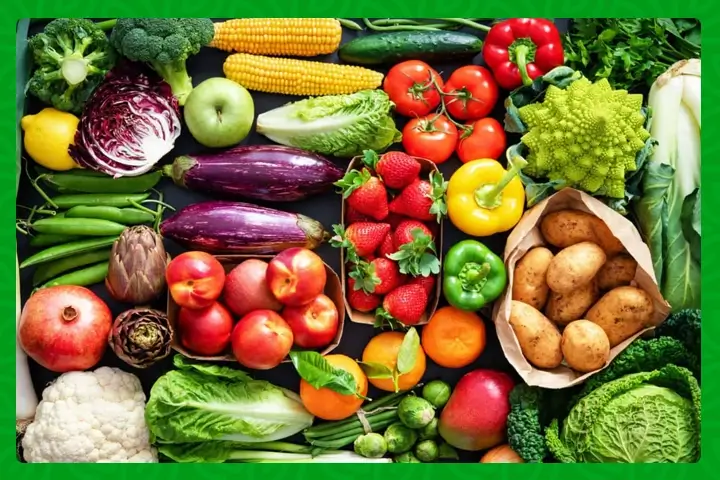
In a surprising move on Monday, the Botswana government announced the extension of its export ban until the end of 2025, doubling the number of affected items starting July next year. This decision, with significant implications for the agricultural sector, particularly in South Africa, has sparked urgent discussions between the nations.
Staple foods like tomatoes, potatoes, and onions find themselves at the center of this trade restriction, impacting both sides of the border. As Botswana aims for self-sufficiency in food production, South Africa’s Minister of Agriculture, Land Reform, and Rural Development, Thoko Didiza, is on a mission to resolve the breach of the Southern Africa Customs Union agreement.
The consequences of this extended ban are not only altering the trade dynamics but also reshaping the landscape for South African farmers. Historically supplying almost 80% of Botswana’s food, South Africa is now grappling with the aftermath of diminished demand, resulting in notable price reductions at the market level.
Hendrik Eksteen, CEO of Grow Fresh Produce Agents, expressed his concern about the impact on the delicate supply-demand balance. While South Africa has the capacity to absorb the additional volumes initially destined for Botswana, the sudden shift has created a ripple effect, leading to lower prices in the market. Eksteen lamented the apparent disregard for the free trade agreement by the Botswana government, highlighting their tendency to close borders on short notice.
“The lack of proper communication on trade restrictions puts the burden on buyers procuring produce from municipal markets. They only discover the ban when they reach the border, causing significant losses,” Eksteen noted.
In a bid to find common ground, Minister Didiza is actively seeking a meeting with her Botswanan counterpart. However, the resilience of the Botswana government in maintaining the ban despite efforts from commodity organizations like Potatoes SA and various South African farming groups has been a roadblock. The industry now looks to Didiza for a solution to unlock fresh opportunities and restore the balance disrupted by the border closure.
The Silver Lining: Cheaper Fresh Produce for South Africa?
While the trade dispute poses challenges, it also opens doors to new possibilities for South Africa. The decreased demand from Botswana has led to a surplus of fresh produce in South Africa, driving prices down. Consumers can now look forward to more affordable tomatoes, potatoes, and onions as the market adjusts to the new dynamics.
Despite the hurdles, this situation presents an opportunity for South African farmers to explore alternative markets and diversify their exports. The lower prices could stimulate local consumption and potentially attract international buyers, fostering a more resilient and globally competitive agricultural sector.
As negotiations continue between the two nations, the outcome remains uncertain. However, the current scenario, though challenging, introduces a silver lining for South Africa – the prospect of more accessible and affordable fresh produce for its citizens. The resilience of the agricultural industry, coupled with strategic decision-making, could turn this trade disruption into a catalyst for positive change.
Stay updated with the latest farming tips and agriculture industry news from Africa by subscribing to our newsletter. Don’t miss out on valuable insights and updates. Follow us on Twitter, LinkedIn, and Facebook to join our farming community and stay connected with us.



















